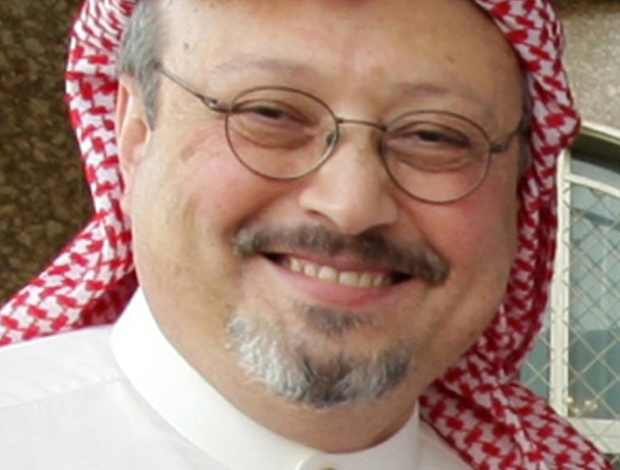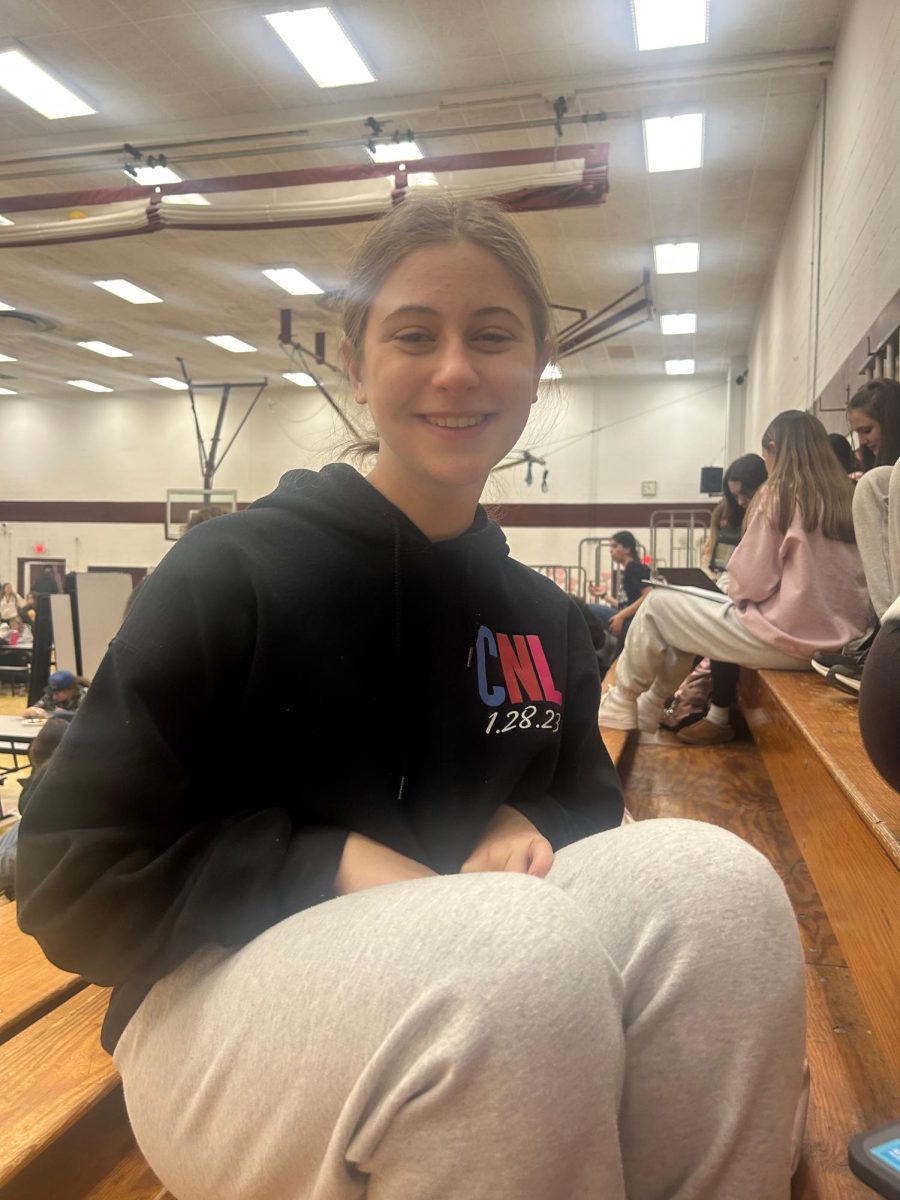The Death of Jamal Khashoggi: The World’s Reaction to the News
November 1, 2018
Washington Post journalist Jamal Khashoggi entered the Saudi Consulate in Istanbul, Turkey on October 2 to obtain documentation to marry his fiance. He never came out. The mystery surrounding the death of Khashoggi, a Saudi Arabian dissident and resident of the United States, has yet to be solved nearly one month later.
The disappearance and murder of Khashoggi has sparked international debate as to not only the protection of journalists but as far as America is concerned, about its ties to the Saudi Arabian government.
Initially, when Khashoggi failed to exit the consulate, the Saudi government claimed that he had been killed by a rogue group of murderers following a fist fight. The same officials later modified the story to take responsibility for the murder of Khashoggi who was often critical of Saudi Arabia in his articles.
United States CIA Director Gina Haspel listened to the chilling audio of the interrogation leading up to the killing of Khashoggi’s death on a secret trip to Saudi Arabia. So far, no details have been released about what she heard, and the issue has taken a backburner as a result of terrorist threats against several high-ranking Democratic officials and the murder of 11 jewish worshippers in their synagogue in Pittsburgh, Pennsylvania.
History teacher Christopher Van Ness responds to the heartbreaking news.
“I’m distraught, I’m especially confused about how we had individuals that wanted to jump out just to defend our relationship with Saudi Arabia as if that’s more important than the rights of human beings around the world and rights of journalists,” said Van Ness.
Saudi official Adel al-Jubeir’s directly described the incident as a murder. After the journalist was killed surveillance footage shows a “body double” leaving through the back door the day Khashoggi was killed, wearing his clothes and a fake beard and glasses. Saudi Arabia just recently admitted to the murder and suggested he had been killed in a fight. So far, Saudi Arabia has arrested 18 people
The son of Jamal Khashoggi, Salah Khashoggi, has a dual citizenship for the United States and Saudi Arabia. Prior to his death, his father criticized the Saudi government quite harshly; his son was then banned from leaving Sadu iArabis as punishment. After shaking hands with King Salman he was given the liberty to travel.
“His son receiving condolences from King Salman is absolutely atrocious and a nightmare and I felt so so incredibly terrible for that young man that he was forced into that and used as a propaganda piece…you don’t go to a meeting and shake hands with the person that ordered your fathers death unless that’s not an option and it’s not.” Van Ness says, “If he were to not show up to that I imagine something bad would happen to him. You’re being forced to shake somebody’s hand for the press, this is going to be used for conspiracy theorists.”
Along with Khashoggi’s son, his fiance rejected her invitation to the White House and is currently receiving condolences from leaders all around the globe.
President Donald J. Trump expressed support of the Saudi Arabian explanation for the murder initially. Since then, he has stated that the claims of the Saudi officials are “the worst cover-up ever” and that those behind the killing “should be in big trouble.” No action regarding the crime has been taken, but President Trump has demanded full accountability.
President Trump’s apparent ties to the Saudi government, both personal and on a national level, have come under criticism since the disappearance. Others argue that the relationship with Saudi Arabia is critical to our economy.
“The United States needs to start looking at things from a human rights standpoint rather than a dollar bill standpoint, it’s not like this is the first thing we’ve seen this though,” Van Ness says, “We’ve especially seen with our new administration to be more than willing to uphold leaders who treat their people terribly just due to the fact that we have some sort of a political connection or economic connection.”
Khashoggi has been the murder heard round the world; the number of journalists being killed for their work or for getting news out to the media has skyrocketed.
Van Ness described his feelings toward the minimal human rights given to the people of Saudi Arabia and treatment of journalists around the globe.
“Any suggestion I can give Saudi Arabia is to start giving people more human rights, they need to start understanding that journalism has a role in society and that if you are being spoken poorly about in the media maybe you need to think about your actions and why you are being spoken about in that way instead of immediately jumping to going to get all of the journalists,”
Around 50 Wayne Hills students were informally asked if they knew who Jamal Khashoggi was. Out of those students, only five knew that he was “the newspaper guy that got killed”, none of them had enough knowledge or understanding to give their reaction.






